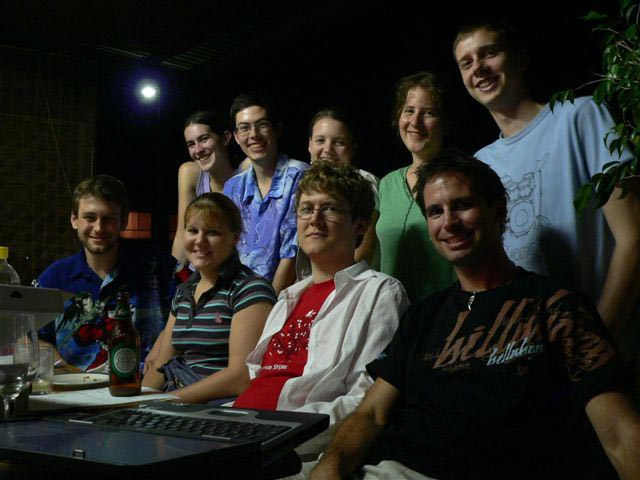Where’s evil come from, or for that matter, where’s good come from?
Is it inherent within us – is someone ‘more evil’ than someone else? Are there people that are ‘more good’?
Is one particular person predisposed to do either more good or evil than another? Would those traits therefore come from outside of us, either as an external force which we seek to control or maintain, or a genetic predisposition we seek to understand?
OR do we all have the same, or similar capacities? That is do we all have the potential to do good, and to do evil; to be a saint and a dictator?
If only there were evil people somewhere insidiously committing evil deeds and it were necessary only to separate them from the rest of us and destroy them. But the line dividing good and evil cuts through the heart of every human being. And who is willing to destroy a piece of his own heart. – Alexander Solzhenitsyn. p. 139
Mark accounts Jesus as saying: “It is what comes out of a person that defiles. For it is from within, from the human heart, that evil intentions come: fornication, theft, murder, adultery, avarice, wickedness, deceit, licentiousness, envy, slander, pride, folly. All these evil things come from within, and they defile a person.”
If we take seriously the thoughts of both Solzhenitsyn & Jesus then we may come up with the following:
- the propensity to good or evil is bound up with our identity as humans.
- evil (or good) is not something to vilify, nor glorify, abstractly.
- the reality of living a human existence is that we participate in doing good, and we participate in doing evil, both consciously and subconsciously.
- growing and developing an understanding of how it is our humanity (our propensity for great good and evil) is called to maturity in Christ – that is growing to a deeper level of awareness of ourself through virtues like grace, forgiveness, mercy, hope, acceptance, love and peace.
- through our humanity we remain bound and connected to the suffering of this world, and whilst another suffers, we suffer too.

